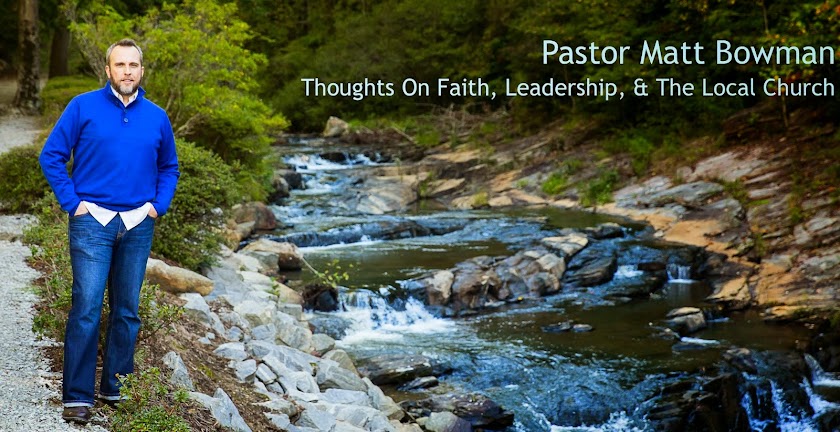Imagine getting engaged & married in the same day. Sound crazy, maybe even a little foolish? Well, that's the story that allows Ryan & Amanda Leak to share the rest of their story. Ryan & Amanda share both their story & the lessons they've learned in the often confusing world of relationships & dating in their book The One: An Amazing Love Story Starts With You. The basic premise of the book is that if you're looking for someone to "complete you" or if you're on the brink of just settling for whatever is available, you need to step back, read this story, & be inspired to look at relationships from a different perspective.
Ryan & Amanda are both believers & followers of Jesus, but they're like a lot of us: they have some baggage in their past when it comes to relationships. Throughout The One you get to hear some of their backstories & how they got to the place of getting engaged & having full blown wedding all in one day, & get this men, Ryan planned the whole thing & surprised Amanda with it. That's right, he took care of the dress, the flowers, the cake, & the invitations. As their story unfolds, Ryan & Amanda share the important spiritual truths not just about dating or marriage, but about what it means to be a faithful follower of Jesus who loves God & loves others. They share how they learned it was more important to become "the one" rather than spending all their time trying to find "the one."
Perhaps the most important contribution from this book is how it frames being single. The church hasn't done the best job at handling single people or speaking to this season of life. In fact, we've at times been guilty of making singleness more awkward than it needs to be, & at times we've even painted the picture that being a single adult must mean there is something wrong with you, that somehow being married makes you whole. The only problem with that is that it's only Jesus that makes us whole. Not only that but there are many faith heroes that were single as well. Ryan & Amanda do a good job of addressing this season of life in a way that points a person to a greater relationship with Christ in order to prepare themselves for what Christ wants to do now & in the next season.
Overall, this is a solid book with an entertaining, unique story built on solid biblical truth. This could be a good resource for pastors preparing messages on relationships or for high school, college, or young adult small groups. If you want more info on The One or Ryan & Amanda Leak, visit these links to learn more.
The One: An Amazing Love Story Starts With You
Ryan & Amanda Leak's Website
Disclaimer: I received this book from Blogging for Books for this review.




